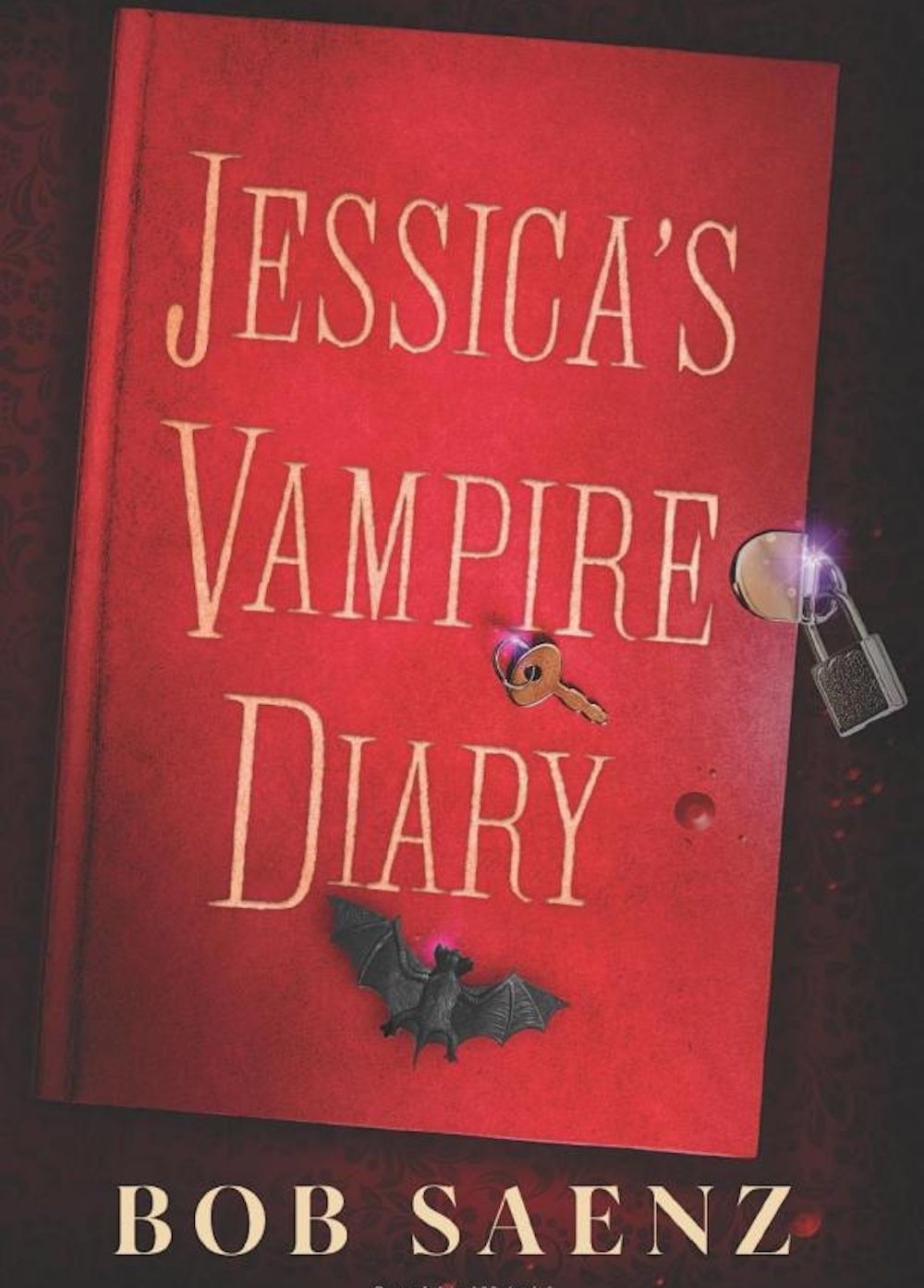
From Screenwriter to Novelist ... in 25 Years
When I first decided to try this writing thing, I sat in the corner of my family room at a flimsy IKEA computer desk with my trusty Apple 2C ready to go. Yes, I’m that old. I wrote a story. I called it a book, but it was, at 40 pages, only a story. About a teenager saving a mom from the forces of evil. With a dog. And a friend. It was, as I was to learn in my screenwriting journey, more like a film treatment.
Since at the time I was balancing my career as the hardest working film and TV Extra in the San Francisco Bay Area and the midnight to 5 a.m. disk jockey at the only country music station in San Francisco, this “book” was another of many attempts to broaden the scope of my resolve to crash the entertainment industry in any way I could.
As an Extra, I walked around behind some of the biggest stars on the planet, and it finally got me to a TV series where, for the first seven episodes, I walked around in a SF Police uniform behind Don Johnson and Cheech Marin until I got a character name, a promotion to Sergeant, and some words to say on screen in episode eight. I stayed on that show for all 122 episodes, mostly walking around and occasionally talking, and it was like going to film school.
Thank you, Don.
It was there I started noticing the scripts, in part because I actually had access to them. When you’re an Extra on a Michael Bay movie, they don’t give you a copy of the script. But I liked the way they read, the way they looked, and they made sense to me. I had this 40-page “book” at home. I decided to turn it into a script.
My very first screenplay. It’s still my wife’s favorite of all my scripts.
Like all first-time screenwriters, I thought it would be a breeze to sell that script to a studio, get rich and famous, and thank everyone at various award shows. I learned reality quickly, or semi-quickly. So, into a drawer the script went, and I wrote my next one and my next one and my next one … and I didn’t give up.
I was on a lot of sets, so it made sense to network. And I did, like crazy. People read my scripts and liked them. One in particular—not my first one—and it opened doors all over Hollywood. And a short 12 years after I wrote my first script, I had a produced film with my name on it as screenwriter. It was a TV movie, but 11 million people watched it.
It was a start.
The last week of June, right before the SAG strike, filming wrapped on my 20th produced film. A script I finished and sent before the WGA strike started. I reached a milestone of sales for my Screenwriting book, That’s Not the Way It Works, the same month. To say my screenwriting career has been satisfying is an understatement. I am so grateful I get to do what I love.
But there was a lull starting in 2020 ... called COVID. Like most thinking people, my wife and I sheltered at home like we were asked to. After a month, my wife said I had to stop doing nothing. I already have a 2½ foot tall stack of unproduced scripts, so I wasn’t all that jazzed to write something no one would want to read right now or for … who knows how long. My wife was the one who had suggested the screenwriting book. This time she said, “Write a novel. That’s what you started out trying to do and never really did.”
My brain went right back to that same 40-page story. To the story I fleshed out from it to write my first script. I decided if I was going to write a novel, it would be that story. So, I read the original “book,” (a lesson on saving everything you write), the screenplay, and took what I knew was already in my brain about it and went to work on a real novel based on the story.
People who read my scripts know they’re written with the screenwriting philosophy “Less is more.” They are spare. Just enough story for the reader to see the film in their head while they read, with no stylish fluff for filler.
Can you imagine how hard it was for me to write prose? You can’t. Because it was harder than you imagined. I had to learn to write again. I had to learn to write thoughts and feelings and intentions. To describe locations and settings in detail. To describe my characters vividly. To embellish action so the reader feels the tension or excitement or humor.
I couldn’t do it.
My first pass was barely longer than that first “book” of the story. So, I started at the beginning and created new scenes and characters. I gave minor characters more to do. But only to advance the story. I knew whatever I added needed to serve the story and only the story. Next time through, I almost had 100 pages. So … I started at the beginning and put myself in the character’s heads and added more nuance, more depth to them and their relationships.
Now I had 120 pages. Not nearly enough.
So, I started at the beginning and increased the scope of the story. More locations, more set pieces … all to advance the story. In doing this, I began to relax and write prose, to dump that part of my screenwriter brain that told me it was too much. Got to the end. Still not enough for a book. So … I started at the beginning … again … and again …
I wrote the book at least ten times. Maybe more. I lost count. I don’t recommend this way of writing a novel, but it worked for my 25-year screenwriting brain. And then … it was done. I sent it out to some trusted writer friends. Their reaction was surprising. I was expecting “Nice try for a first novel.” I got “When does this come out?”
Cut to August 2023. RedSky Publishing, a medium-sized New York publisher, picked it up. How it got to them is another article, but it’s been a whirlwind of stops and starts. But I do get to cross off the “Write a novel and get it published” entry on my bucket list. I self-published the screenwriting book. This has been a real adventure.
Jessica’s Vampire Diary comes out this month. Everywhere, from what they’re telling me. It’s written as a first-person diary and was the most fun I’ve ever had writing anything. It’s funny, scary, and off the wall. Most of all, the publisher loves it.
I often hear screenwriters talking about turning their scripts into novels. If you can have as much fun as I did, I thoroughly encourage you to try it. So far, it’s worked for me. So far.
Now, let’s see how it sells.
*Feature Photo: Jessica's Vampire Diary—available now.
